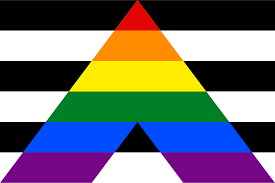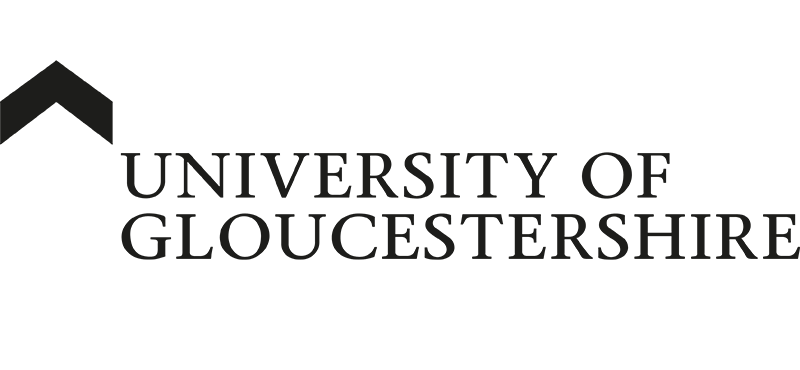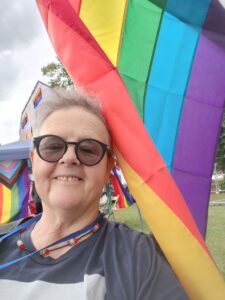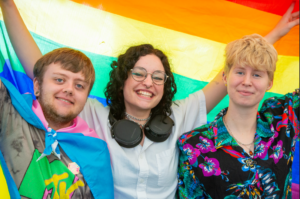| Equity & Diversity
What does it mean to be an ally?


This week, we are very grateful to our partners at PRISM Network for contributing to our blog for LGBT History Month. Read on and get some great advice on how to be an ally.
The concept of ‘allyship’ may feel modern but the act of taking a personal stake in a fight which is not your own is far from new. The excellent 2014 film, Pride, depicts the real-life alliance between LGBT+ activists and a small mining community in South Wales during the 1980s miners’ strike.
Allies recognise that though they’re not a member of the underinvested and oppressed communities they support, they make a concerted effort to better understand the struggle, every single day and take on that struggle as their own.
The experience of being constantly misgendered, having accessibility needs unmet, correcting people’s assumptions about the gender of your partner, evading probing questions about your cultural heritage, or seeing news upon news about people who look like you or identify like you mistreated by the systems designed to support them weighs a person down. Allies are needed to share this burden.
‘I don’t see colour’; ‘I treat everyone equally’
These are phrases you may have come across or perhaps even said at some point but this is not the same thing as being an ally. Treating everyone the same doesn’t account for the different starting points and barriers faced by those experiencing different forms of oppression and reinforces patterns of inequality. Being an ally means moving from a passive state (I am not a racist/ homophobe/ biphobe/ transphobe/ ablest) to an active one of unlearning biases and learning what it is like to live with structural inequality. It means having the humility to admit your mistakes and put the voices of others above your own.
“We need people to use common sense to figure out how to participate in social justice” – Roxane Gay
Finally, the world is not split between oppressed people and people with privilege. Anyone can be an ally by using the power they have in certain situations or communities in solidarity with others. For example, by trying to make LGBT+ spaces more welcoming to LGBT+ people of colour and/or with disabilities.
Why am I an ally?
Hi my name is Gavin and I am an ally because I’m passionate about creating an inclusive culture where all can aspire to be the best they can be within a supportive and non-judgmental environment. To best achieve this I have trained to be a Stonewall LGBT+ Ally, a Blue Light MIND Champion and a White Ribbon Ambassador.
I was asked to write about why I have chosen to be an LGBT+ ally and I have thought carefully about this. I am very principled person with strong values of inclusivity and respect for others. I have friends who identify as LGBT+ who have shared some of their stories with me that have made me feel angry that others could treat someone negatively, either overtly or covertly, due to their sexual orientation. To take action against this, help raise awareness of LGBT+ injustices and support colleagues that identify as LGBT+, I trained to be an ally. I want to use my position and influence to positively affect change and make the workplace and our communities safer for people to be themselves – their whole selves.
As a senior leader within the Fire and Rescue Service I have worked with staff and members of our community for many years utilising my position to champion inclusivity and challenge inappropriate behaviours and harmful or outdated language.
As Prism’s lead LGBT+ ally, I aim to help raise their profile further and provide support to members and allies. As an LGBT+ ally and a GFRS EDI champion it’s not just about wearing our core values on our lanyards and badges, it is about creating the right environment so people can feel welcome, secure, and happy to bring their whole selves to work.
Gavin Roberts
Assistant Chief Fire Officer
Prism Ally Lead



